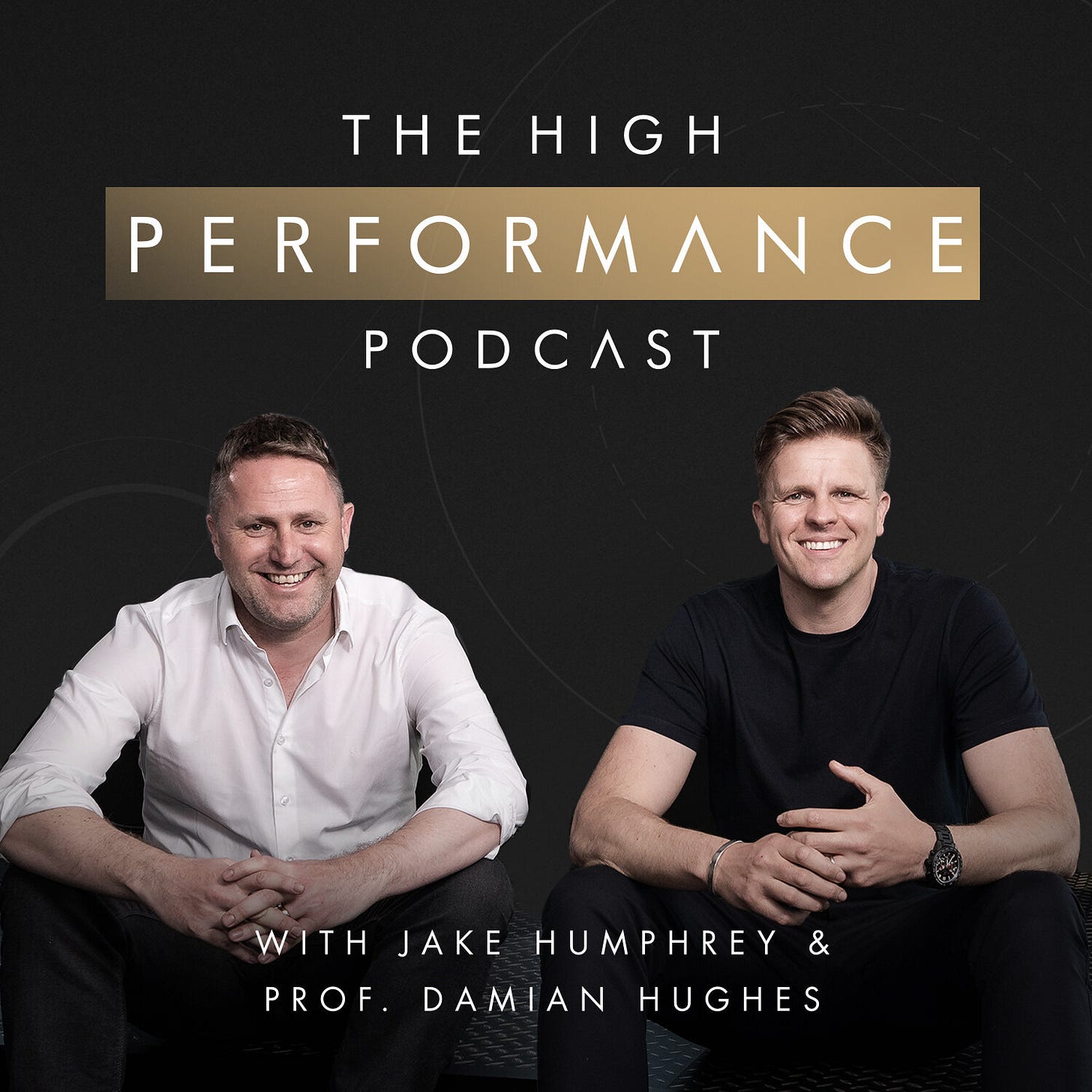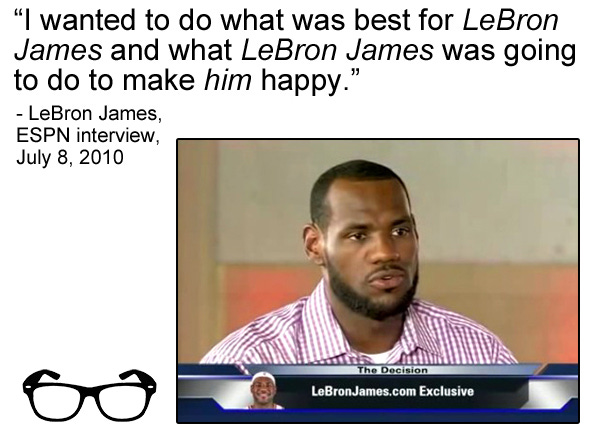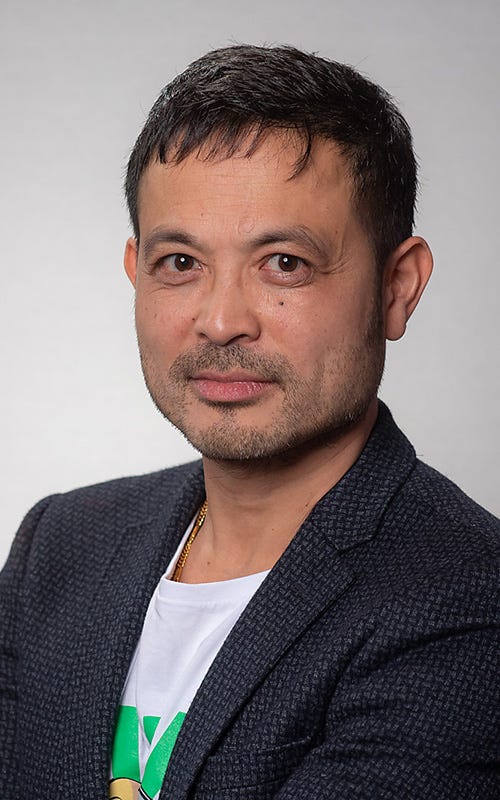Future Work/Life is a regular newsletter in which I share ideas, bring you interesting stories and articles, analyse industry trends and offer tips on designing a better work/life. If you enjoy reading it, please share it!
A quick note to start - I’ve had a number of speaking enquiries over the past couple of weeks and I can confirm that I will still be available for a small number of events over the next few months, even as I finish off the book. I’ll also now be working with a limited number of clients 1-2-1 to help them reimagine how they work.
My Work/Life Design packages blend coaching, mentorship and training to give you the confidence and insight to identify your niche and design a legendary work/life. I'll work with you to develop a successful long-term approach that combines your passion and expertise with a strategy for monetising it.
You can find out more about my 1-2-1 Work/Life Design packages, team workshops, and the themes I speak about HERE.
That’s enough of that, on to the second part of last week’s article in which I explored the power of regret. If you haven’t read it yet, you can find it HERE.
On an amble to the park with my three-year-old the other day, he told me he’d been learning about his feelings. During ‘island time’, when he and his friends take a fifteen-minute pause from the wonderful but chaotic bustle of nursery life, he sat on the carpet with his teacher to listen to stories about emotions and how we can express them. While they only got as far as happiness and sadness, it’s remarkable that we learn so young about how different feelings manifest but seem to forget the importance of understanding and communicating them by the time we’re adults.
Regret is an emotion, just like happiness or sadness. Like those two most basic feelings, the trick to using them positively is first to reframe how we perceive the reasons for experiencing them and, even more significantly, how we talk to ourselves about them.
Dr Kristin Neff, a psychology professor at the University of Texas, is a leading expert on why our 'inner voice' can determine how emotions manifest and affect every aspect of our lives. Her work shows that people who demonstrate more 'self-compassion' are happier, more satisfied with life, better motivated, and physically healthier. They also maintain stronger relationships, are less anxious, prone to depression, and more resilient.
So how do we foster more self-compassion, particularly when it comes to regret? It relies on three interrelated factors:
Be kind to yourself and non-judgemental about the decisions you make.
Recognise that making mistakes is 'human', and everyone experiences the same feeling at different points in their lives.
Face up to failure and pain with equanimity - a calm, mindful acceptance that the world and your life is how it is, flaws and all.
When I spoke to Damian Hughes, organisational psychologist and host of the UK's leading sports podcast, The High Performance Podcast, on the Future Work/Life podcast last year, he explained how he'd learned the importance of self-compassion the hard way. A few years before, he'd found himself in hospital, burned out and seriously ill because of the pace of his work and his failure to prioritise self-care.
As many of us fall prey to, Damian was brutal in the way he spoke to himself about his relentless need to keep pushing when what he needed was to take a break and slow down. It was only after reflecting on how he'd view it if someone spoke to his son the way he talked to himself that he could gain perspective and break the damaging habits. Now, kindness to himself is one of his 'non-negotiables' - something on which he won't compromise.
The second stage of facing up to and learning from your emotions is disclosure. Acknowledging and labelling your feelings helps unburden you from the worries, can alleviate anxiety and lower the risk of depression. As Dan Pink explained to me on the podcast disclosure has a 'sense-making' effect:
"You take this blobby, negative abstraction, which is looming and amorphous, and you convert It into language either by writing or talking about, you make it go from abstract to concrete, and you go from menacing to far less fearsome. That begins the sense-making process."
While many fear that people will think less of us when we reveal our feelings to others, the contrary is true. Opinions of us improve when we can recognise and act upon our anxieties, past mistakes and regrets.
The final stage is to look forward and extract a lesson from your feeling that you can act upon. Damian touched on one trick of achieving this – thinking about how we'd advise a family or friend enables us to give an objective view, free of internal bias. In the case of regret, getting some distance from the problem allows us to view it dispassionately and consider why we feel the way we do.
Or, if there's no one you can picture sharing the advice with, how about a spot of 'illeism' (talking to yourself in the third person)? As I wrote in FWL#39, "Ollie, this is the best newsletter you've ever written".:
"Talking about yourself to yourself requires mentally stepping back and gaining perspective on an issue. The benefits are not just that it can help you calm down. It helps reframe problems that seem insurmountable and gives you more confidence.
You might combine this with 'temporal distancing', which projects your thoughts to the future, separating yourself from all-consuming short-term worries. Again, the distance can help both dampen anxiety and help improve performance."
@TheYUNiversity
For example, if we regret making a bold choice about our careers ten years ago, we can use that to inform our decision-making today. Adopting the mental model of living in the future can help improve our short and long-term decision-making.
I've spent two years examining how to learn from the successes and failures in my past, to plan the next stage of my career. As research for my book, I've also now interviewed and surveyed thousands of others wrangling with the same anxieties and worries. A key takeaway from Dan Pink's and my work is that it's far more likely that we'll experience regret when we fail to be bold.
While it can take time to build the confidence to follow our own path and pursue a work/life that marries our passion with expertise, by focusing on approaching the process with the right mindset, and combining creativity and experimentation with the support of your network and community, YOU WILL BE SUCCESSFUL.
If in doubt, consider the words of Frank Sinatra.
Regrets, I've had a few
But then again, too few to mention
I did what I had to do
And saw it through without exemption
I planned each charted course
Each careful step along the by-way
And more, much more than this, I did it MY WAY.
Corny, but true.
Have a great week,
Ollie
Any Other Business:
It’s been a busy couple of weeks, and I’ve got two great podcasts to share with you.
The first is my conversation with Pedro Oliveira and Filipe. They’re co-founders of Talent Protocol and old friends who, after pursuing separate careers since they left university, have come together over the last couple of years to create a start-up whose vision is to enable high potential talent to create an on-chain resume, launch their own token, and start building the support network they need to succeed.
We discuss what led the two of them to web3 and the genesis of the idea behind Talent Protocol, the role communities have played in supporting their careers, and why their vision is to create an interoperable and user-owned social network that values the quality of connections more than the number of followers.
Although Talent Protocol is still in private beta, if you’re interested in finding our more and joining the platform, contact Pedro and Filipe and tell them I sent you! Or send me a note and I’ll be happy to sort it out for you.
I also spoke to Hung Lee, the writer and curator of Recruiting Brainfood, a newsletter read by nearly 30,000 people interested in recruitment, talent, and HR, among other things. He also writes This Week In Recruitment and hosts a popular job board.
Hung has worked in recruitment for over twenty years and knows the market inside out. As well as dedicating time to saving his readers time – by finding the most relevant and interesting news for them each week – he’s a great example of how, when you love a subject and spend time really thinking about it, you can create huge value for people while having fun along the way.
We talked about the future of offices, including whether businesses would ultimately all adopt some form of hybrid work or if there’s a possibility some will throw their hat in for fully office-based on remote future.
We also discussed why flexibility is a critical requirement for most candidates in the market and the essential skills we should ensure we’re proficient in if we want to compete in the job market over the next five to ten years.
Finally, we discuss the importance of becoming an expert in your niche and why successfully launching a digital content strategy for yourself, including growing a newsletter, you need to combine intrinsic motivation and passion with hard work and a thick skin.









